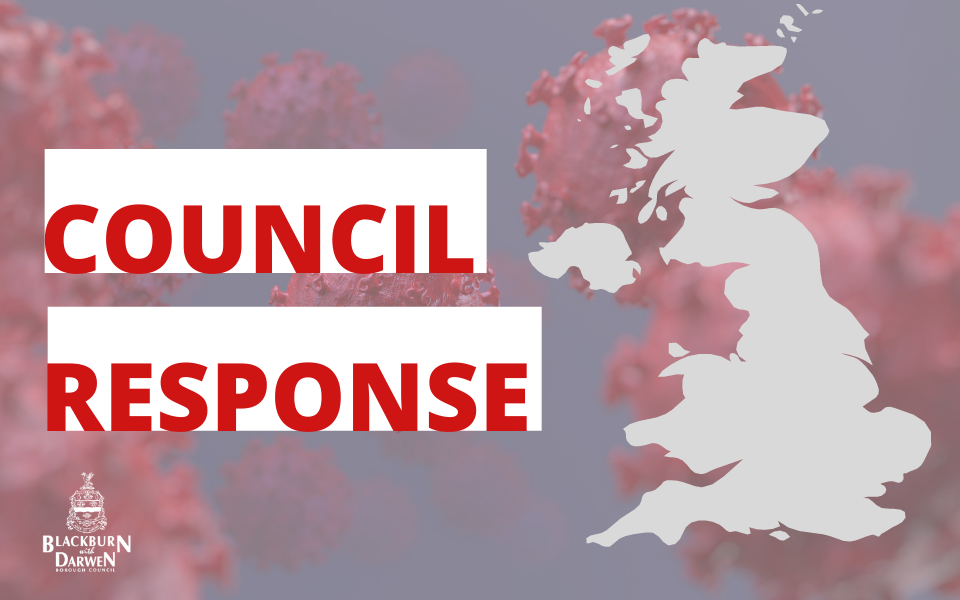
Published Wednesday 8 September 2021 at 16:17
A report published by the Northern Health Science Alliance today has revealed the disproportionate impact of the Covid pandemic on communities in the North of England.
The ‘A Year of Covid-19 In The North’ report explores a North/South divide in hospitalisation and mortality rates among people who tested positive for Covid during the first year of the pandemic.
It also explores the financial and mental health impacts on communities in different parts of England.
Denise Park, Chief Executive of Blackburn with Darwen Council, said:
Despite our current Covid case rate falling well below the England average, Blackburn with Darwen has the highest cumulative number of Covid cases in England, standing at 27,296*. A number of factors have contributed to this, including the borough having a higher proportion of frontline workers – people who couldn’t work from home during lockdowns – and more people living in multi-generational households where transmission was common.
Like many other boroughs in the north, Blackburn with Darwen entered the pandemic with a range of health, social, economic and structural inequalities. These included less than fair share funding for its local health services, bigger cuts to local authority core grants than more wealthy areas over the past 10 years, and less investment from central government.
Blackburn with Darwen, and other areas that have had similar pandemic experiences, will need support for the immediate future, particularly through the government’s levelling up programme. We would like to see this support targeted at areas like ours with long-term structural issues which the pandemic has exacerbated.
Coun Mohammed Khan, Leader of Blackburn with Darwen Council, continued:
Throughout the pandemic we have lobbied the government for additional support for areas such as ours, where Covid case rates were higher for longer periods.
Together with other northern boroughs, we requested that the Covid vaccination programme was prioritised in ‘areas of enduring transmission’ with higher levels of deprivation and more vulnerable communities.
We have also been lobbying the government to vaccinate 12 to 15 year olds since June when the MHRA approved the Covid vaccines as safe and effective for this age group.
Boroughs like ours have been hit harder than those in other parts of England, as this research shows. It highlights how urgent ‘levelling up’ is for Blackburn with Darwen – we need more resources and powers devolved to areas like ours.
Now really is the time for central government to invest in northern economies. To get to average central government investment levels across England, equalise local access to core public services and provide equal life chances for all, Lancashire will need very significant investment in the years to come. I hope that this issue is addressed in the forthcoming Comprehensive Spending review.
However, I must add that Blackburn with Darwen is resilient and we have learnt a lot over the last 18 months. We have built up a resilience that means we’re ready for any spikes in case rates over the colder months.
Our residents, businesses, local partner agencies, schools and colleges will all continue to work together to keep our virus rates under control as we head towards autumn and winter.
There are things everyone in Blackburn with Darwen can do to help the borough’s continued recovery from the pandemic and to keep virus rates low:
- Get vaccinated – anyone over the age of 16 is now eligible to have their Covid jab
- Keep testing – use rapid tests regularly to check you don’t have the virus before mixing with others
- Continue following basic infection control measures, such as good hand hygiene and wearing face coverings in crowded places and on public transport.
Find advice and guidance on living with Covid on the Blackburn with Darwen Council website: www.blackburn.gov.uk/coronavirus.
*Source – GOV.UK data up to 7 Sept 2021
Filed under : coronavirus | COVID-19 | Government
